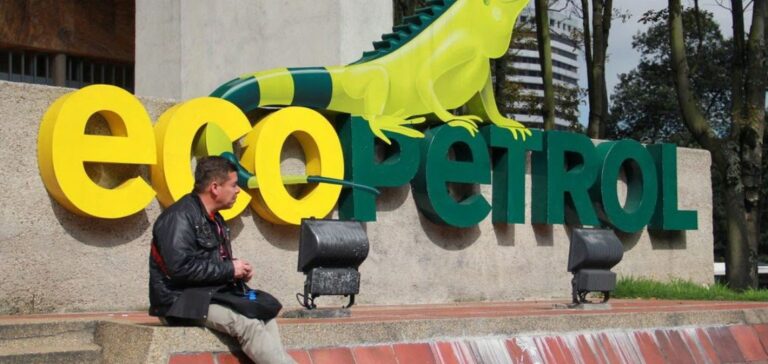Ecopetrol S.A. has completed the acquisition of the remaining 45% stake held by Repsol Colombia Oil & Gas Limited in Block CPO-09, located in the Meta department of Colombia. The transaction, valued at $452 million, grants Ecopetrol full ownership of the block, a key asset in the Piedemonte Llanero region. The purchase was executed through the exercise of the right of first refusal under the Joint Operation Agreement (JOA).
Regulatory approval and asset transfer
Before finalizing the transaction, several conditions had to be met. The Superintendency of Industry and Commerce of Colombia approved the acquisition, confirming that it posed no undue restriction on competition. Additionally, on February 5, 2025, an amendment to the Block CPO-09 exploration and production contract was signed by the National Hydrocarbons Agency (ANH), Repsol, and Ecopetrol, formalizing the transfer of the participation stake.
Strategic expansion in the Llanos Orientales
Block CPO-09 spans multiple municipalities in the Meta department, including Villavicencio, Acacias, and Castilla la Nueva. This acquisition aligns with Ecopetrol’s broader expansion strategy, as the company already operates several oil fields in the region, such as Akacias, Chichimene, and Castilla. By securing full control over this area, the company strengthens its asset portfolio and production capacity.
A key position for energy development
The acquisition of Block CPO-09 is part of a broader effort to secure Colombia’s energy resources. Ecopetrol reaffirms its central role in hydrocarbon exploration and production while also supporting the development of energy transition projects. This transaction could have long-term implications for the competitiveness of Colombia’s oil sector and the country’s energy strategy.






















